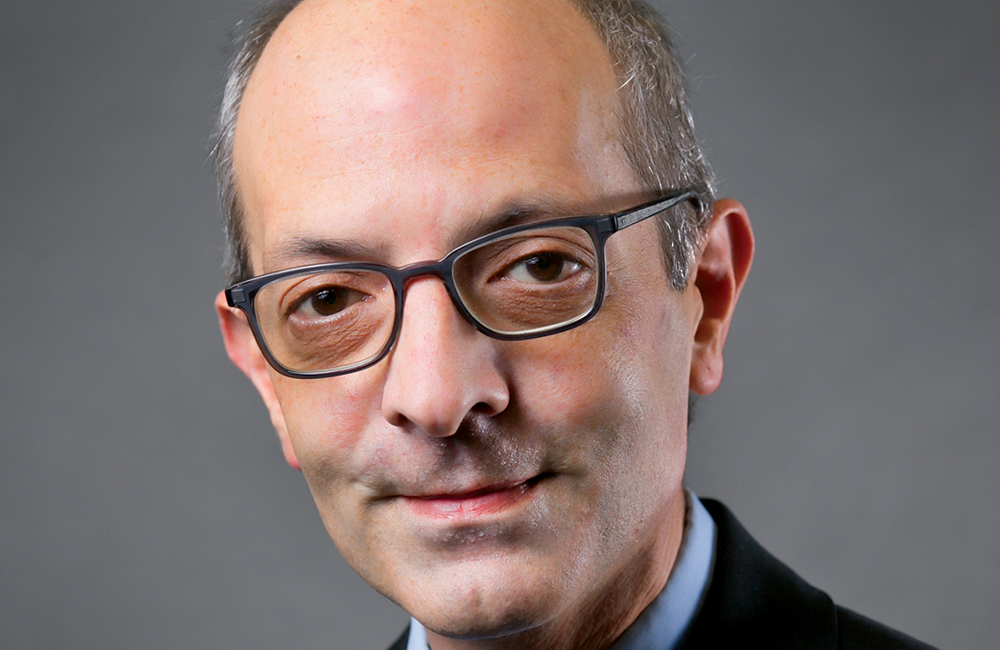Atrial fibrillation is the number one cause of stroke and the most common heart rhythm disorder seen within adults. Nearly 10% of people over 65 will develop a heart rhythm disorder, also known as atrial fibrillation (AFib). Dr. Ali Albaghdadi, cardiologist, with MercyOne, shares what to keep in mind if you notice signs of AFib, and what the future of treatment looks like.
“The main symptoms we look out for with atrial fibrillation are palpitations,” said Dr. Albaghdadi. “A patient may experience rapid fluttering in their chest, also described as a thundering feeling in their chest.”
Other atrial fibrillation symptoms may include:
- Shortness of breath
- Fatigue
- Chest pains
- Lightheadedness
- Dizziness
AFib requires long term treatment that is split into two categories; stroke prevention and management of the arrhythmia itself to treat the symptoms.
“The most important part of managing AFib is protecting you from having a stroke. We start by working with you to eliminate some of the contributing factors like avoiding excessive alcohol intake and other precipitative medical issues, paired with medications. If this initial treatment path fails to slow down the heart rate, we’ll proceed to rhythm control, and we use blood thinners along with rate or rhythm control strategies to reduce risk of stroke.
“Recently, a small mechanical device is being used to reduce stroke risk for patients who have high-risk of bleeding while on blood thinners to reduce stroke risk. We’ll consider all options as we work through your individual treatment plan,” said Dr. Albaghdadi.
AFib symptoms resolve once a patient is brought back into normal heart rate or rhythm (NSR). Once a normal heart rhythm resumes, it can be determined that symptoms were due to atrial fibrillation and heart specialists can proceed with tailored treatment options.
Most cardiac and stroke events can be prevented through education and lifestyle changes, including living a more active lifestyle, eating smart and managing blood pressure.
Find out how healthy your heart is by taking our heart health assessment quiz at MercyOne.org/health-and-wellness/health-risk-assessments.




Comment here